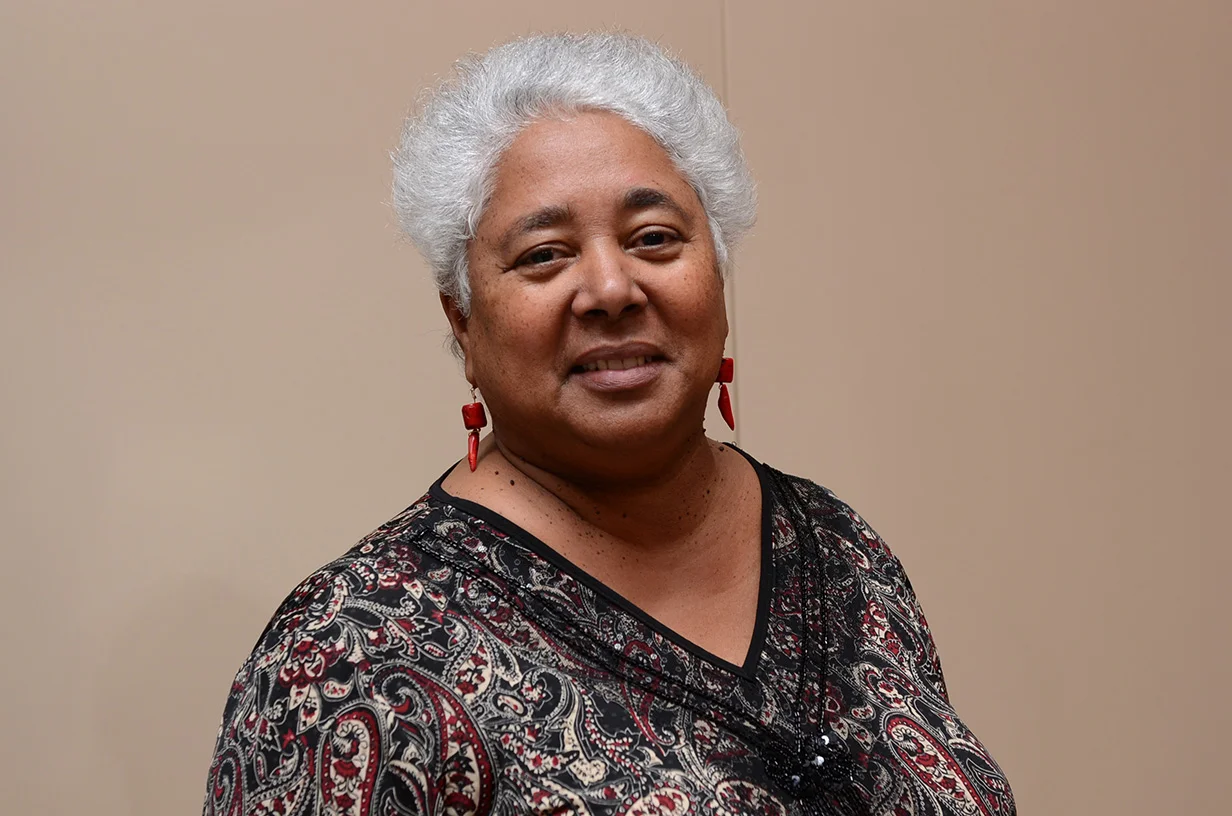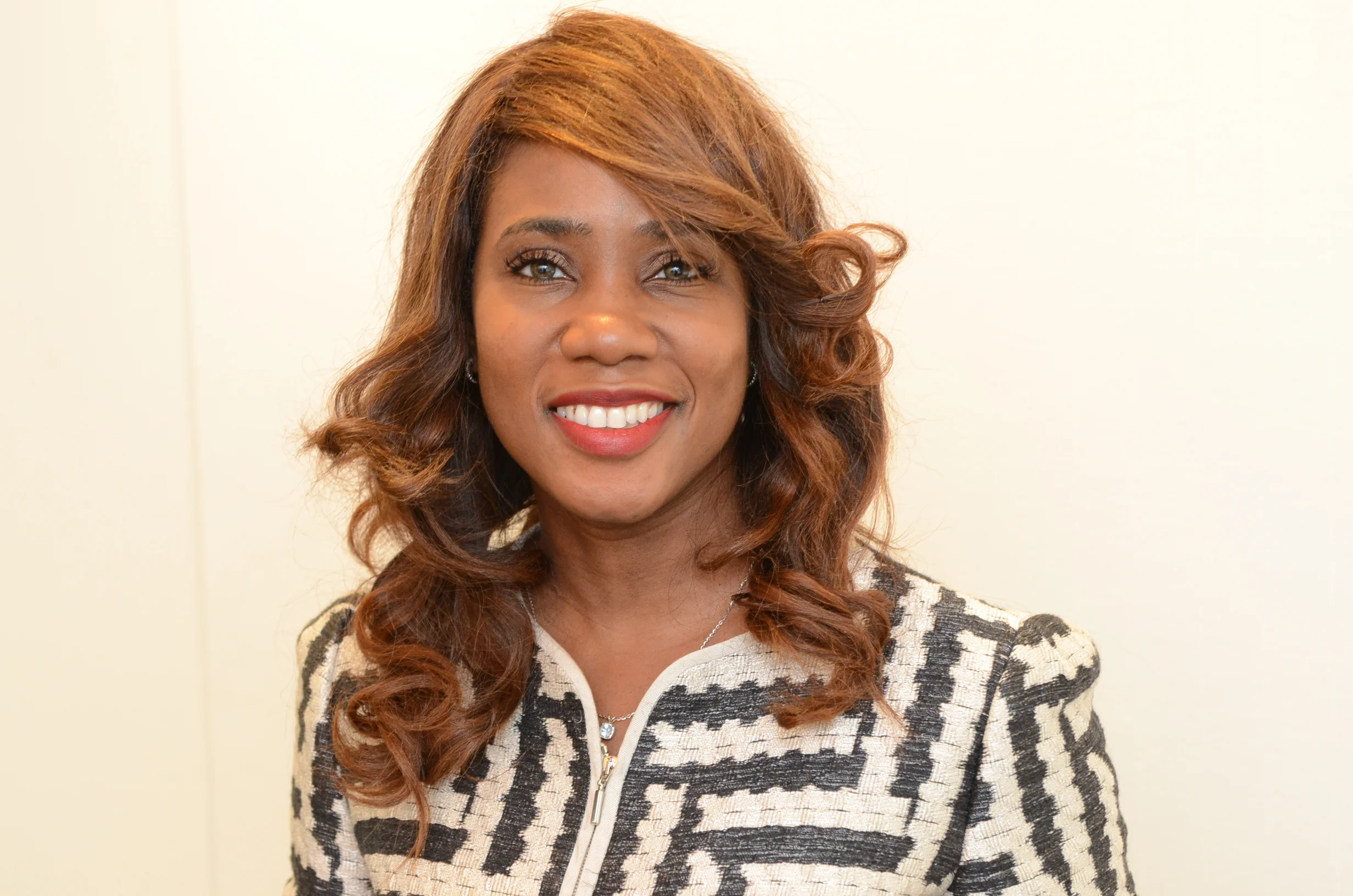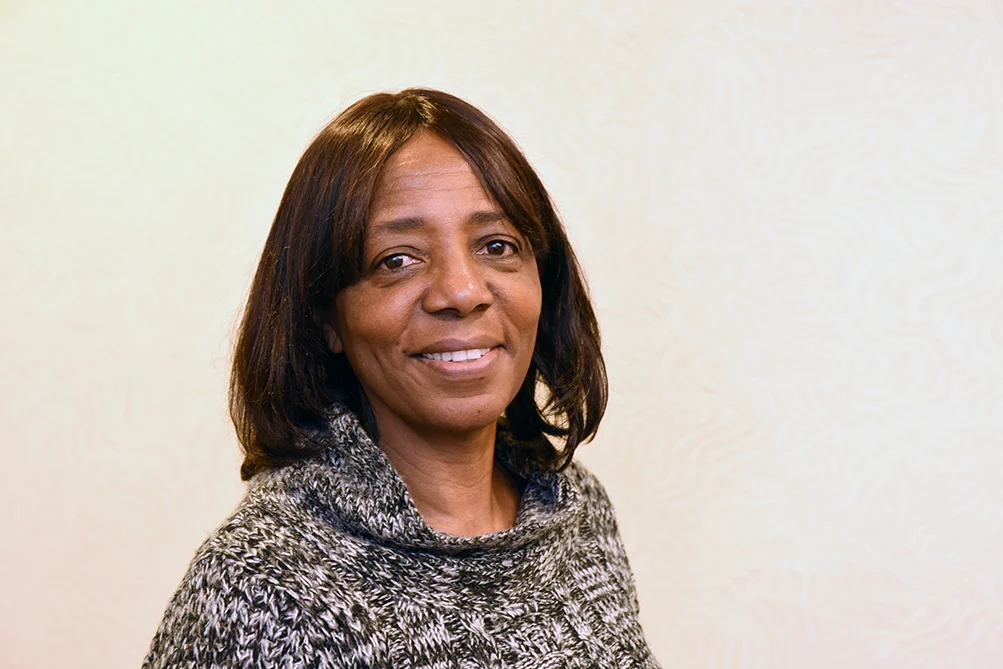Women call for more funding at World AIDS Day event
Diagnosed with HIV/AIDS at age 22 was a death sentence for South African, Vuyiseka Dubula.
Or so she thought.
“The price of AIDS treatment at the time ranged from US$150 to US$10,000 a month for a patient,” she said at a World AIDS Day event organized by the Stephen Lewis Foundation (SLF) at the Toronto International Film Festival Lightbox. “The total income of my family was never enough to buy me treatment and so was the case of many young girls like me who went home and waited to die.”
However, giving up without a fight was not an option for Dubula, who is the former secretary general of the Treatment Action Campaign (TAC) launched 17 years ago to push for access to AIDS treatment.
Just a few months before her diagnosis, she attended the World AIDS conference in Durban, South Africa, which shone the spotlight brightly on sub-Sahara Africa, which is the pandemic’s epicentre.
“That conference sent a clear message that deaths of poor people could no longer go unnoticed,” said Dubula. “Many influential people at the time were making stupid and irresponsible statements. They were saying we were too poor to be treated; we, Africans, don’t understand the concept of time and therefore we could not adhere to antiretroviral treatment and only rich people have the right to live while for the poor like me, accessing life-saving drugs was a privilege. Durban was the defining moment for the struggle for access to treatment.”
In 1998, South Africa accounted for one in 10 new HIV infections worldwide. Yet, not a single person living with the disease in that country had access to antiretroviral therapy in the public health sector.
At around the same time, then South African president, Thabo Mbeki, was making headlines with his pronouncement that poverty, bad nourishment and ill-health caused AIDS and the solution was the alleviation of poverty in Africa and not western medicine.
With Dubula at the helm, the TAC spearheaded the campaign against AIDS denial in her country and the right for the infected to have access to antiretroviral treatment. The movement led to the establishment of the world’s largest treatment program.
“I am among the 50 million people alive today because poor people refused to die without a fight,” said Dubula, who has two children that are HIV negative. “No doubt, we have come a long and painful way from a nameless condition with no hope and from a diagnosis that meant death to a chronic manageable disease. Antiretrovirals have given me and many people our lives back.”
A lecturer at Stellenbosch University on the social aspects of HIV/AIDS, Dubula said the TAC is experiencing serious funding cutbacks that could force the organization to close its doors by March 2016.
The SLF recently promised to match fund donations to TAC up to a total of $1 million.
“The donors are tired,” said Dubula, who is pursuing a doctorate at the University of KwaZulu-Natal’s School of Development Studies. “If the social forces that held countries to account disappear, I can promise you now that all your efforts will disappear too. Most community-based organizations have had to scale back their activities and some have already closed their doors.”
Dorothy Onyango, the executive director of Women Fighting AIDS in Kenya (WOFAK) and former chairperson of the National Empowerment Network of People Living with HIV/AIDS in Kenya (NEPHAK), agrees with Dubula.
“In 2003, there were six strong national networks of people living with HIV/AIDS,” said Onyango, who was diagnosed with HIV/AIDS 25 years ago. “We were vibrant, the women’s voices were heard and changes were made to ensure that policies and programs responded to our needs. Currently, WOFAK and NEPHAK are the only organizations standing strong. A shift in donor priorities has resulted in funding reductions. Our organizations are suffering because we have to let go of some of the work we have been doing. I can’t tell you how often women ask me when we will start these groups again. If the community and the organizations don’t have the support they need, then my worry is that the important gains we have made will not be sustained.”
In the past 12 years, WOFAK has economically empowered 1,200 grandmothers, provided nearly 1,400 households with daily meals and ensured that 480 students attend school on a regular basis. Last year, they started a fundraising campaign to build/repair homes for grandmothers.
Kenyan social scientist and Young Women Campaign Against AIDS (YWCAA) co-founder, Peres Abeka, is also advocating for more energy and funds to support community leadership at the grassroots level.
“This will allow us to reach out to more needy young women and help build community support systems for sustainable means, particularly those run by the most at-risk groups of young single mothers and those experiencing gender-based violence,” she said.
Most AIDS agencies depend on grants for their financing.
Abeka claims the grant proposal forms are too complicated and impose conditions that stymie innovation.
“The forms take much effort and time and often the funding requests for grassroots organizations are rejected,” she said. “Wonderful innovative projects do not get funded because our realities and approaches do not fit neatly into the boxes.”
In March 2006, former United Nations Special Envoy on HIV/AIDS in Africa, Stephen Lewis, launched the Grandmothers to Grandmothers campaign to support African grannies who bear the burden of providing care for their orphaned grandchildren and who are holding many of that continent’s countries and communities together.
Starting with five Canadian grandmother groups that have increased to 240, the campaign has raised almost $20 million for African grandmothers.
Last year, 22 Canadian grandmothers and other supporters visited Rwanda, South Africa and Ethiopia.
Kidist Belete, the founding executive director of Developing Families Together, thanked the Canadian grandmothers for standing in solidarity with their Ethiopian counterparts.
“We have a grandmothers program that we consider our signature project,” she said. “Very often, it’s elderly women and their grandchildren who bear the brunt of the devastation that HIV has caused. The support we are providing is paying off as over 2,000 grandmothers and their grandchildren can afford to eat two or three times a day, their grandchildren go to school regularly and many of the grannies have in fact opened bank accounts. I am now a grandmother and I feel a very strong sense of self-community with our grandmothers.”
Hope Chigudu, a feminist activist and Ugandan-born Pan Africanist now residing in Zimbabwe, rounded out the panel of African grassroots women experts actively engaged in the global fight against HIV and AIDS in the second instalment of “The Ask Her Talks” speaker series.
The inaugural event was held last May.
Canadian artist, Britta Badour, paid tribute to grandmothers in spoken word while award-winning actress/singer, Jackie Richardson, hosted the event.
“We need to ask her because women are at the heart of the response to HIV/AIDS in Africa,” she said. “We know when things get tough and when families and communities need to be lifted out of hardship, it’s the women who step up. It’s the grandmothers, the community organizers, the rape counsellors, the HIV positive activists, the women’s rights lawyers, the artists, the mothers, aunts, sisters and daughters who use their courage and intelligence to find the path forward and pull everybody through. And we all know these women don’t get the centre stage. ‘The Ask Her Talks’ series puts that right.”
Since 2003, the SLF has funded over 1,100 initiatives and partnered with over 300 community-based organizations in 15 countries.






